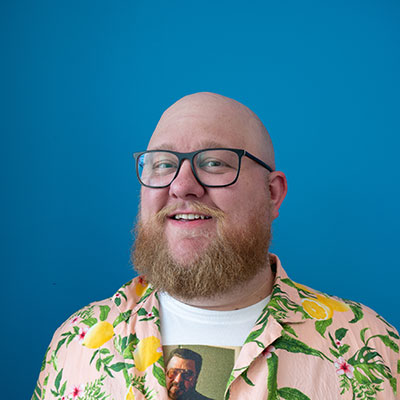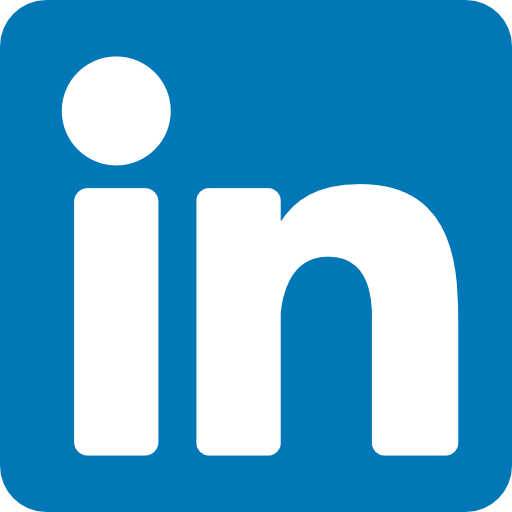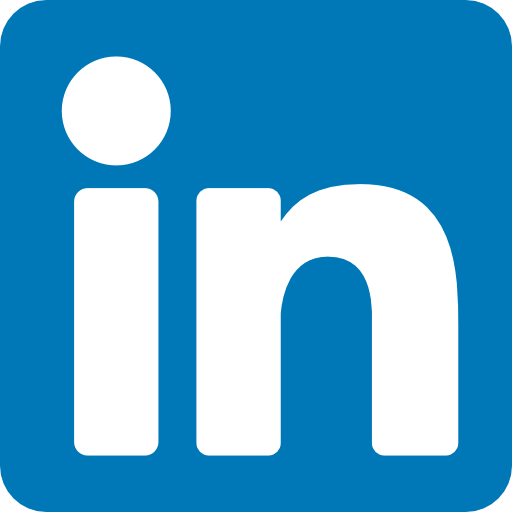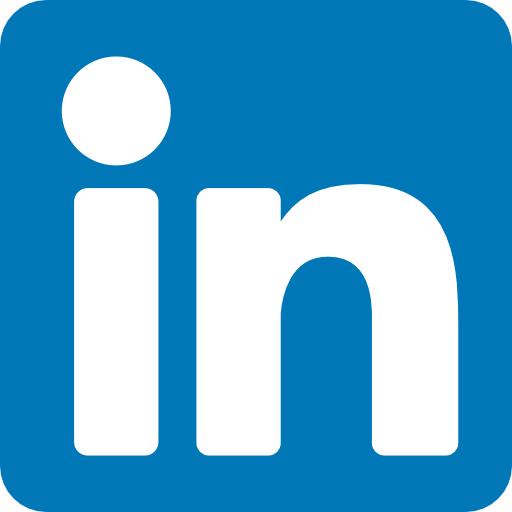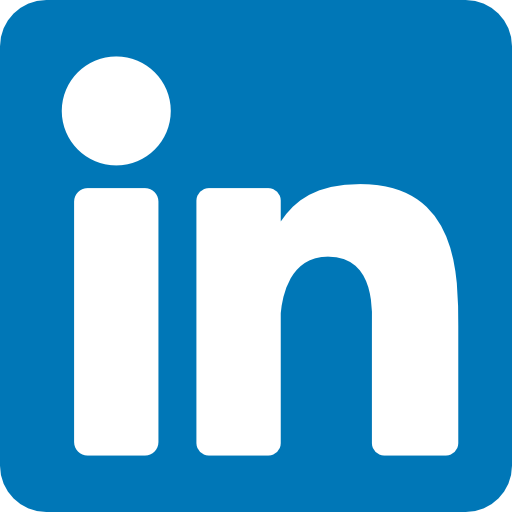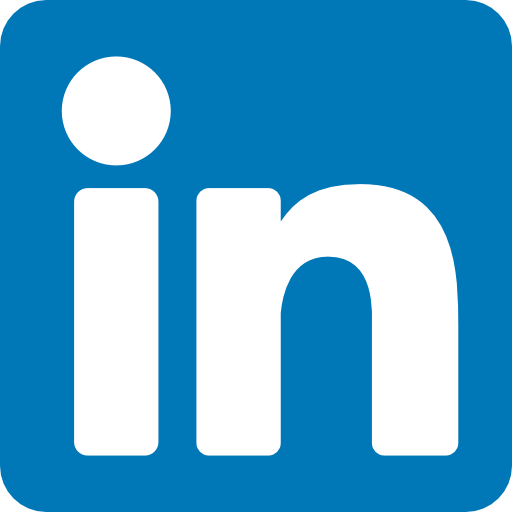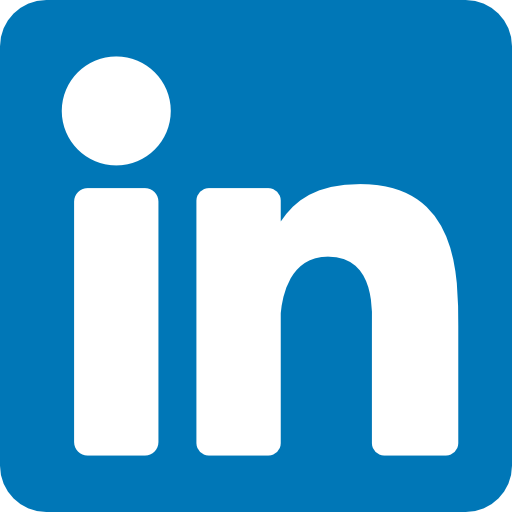Quickfire Content Strategy Tips
- 0.5
- 1
- 1.25
- 1.5
- 1.75
- 2
Speaker 1: Welcome to Page One, or Bust, your ultimate guide to getting on page one of search engines. In this episode, we're deviating from our usual format, but don't worry, we still have a rapid fire round of quick, but seriously awesome insights on content strategy to share with you. Our featured experts from the Midwest Digital Marketing Conference, will provide their top tips on strategy. So sit back and enjoy this lightning round of valuable insights. But before we dive in, here's a brief word from our sponsor. Page One or Bust is brought to you by Demand Jump, get insights, drive outcomes with Demand Jump. Get started creating content that ranks for free at demandjump. com today. And now, here are your co- hosts, Drew Detzler and Ryan Brock.
Drew Detzler: Welcome back to page one or bus. This is your host, Drew Detzler. As always, I'm joined by my co- host, Ryan Brock. Ryan, how we doing?
Ryan Brock: Oh, I'm doing so great today. How are you, Drew? How doing?
Drew Detzler: No one ever asks. Thanks, Ryan. Well, I'm doing great, especially today because we have a special episode. We have been traveling coast to coast, Ryan especially, going from stage to stage, spewing his-
Ryan Brock: Nonsense.
Drew Detzler: You said it, not me. Now-
Ryan Brock: It's hot takes. Yeah.
Drew Detzler: Coast to coast, stage to stage, doing shows all over the country, talking about pillar based marketing and how it works for content marketers, and marketers in general. But our episode today is exciting, because we were recently in St. Louis at the Midwest Digital Marketing Conference where we had a chance to talk with a handful of panelists and other guests, about their takes on content strategy. Ryan, why don't you give us a breakdown of the event and what came out of it?
Ryan Brock: Yeah, so I've been going to Midwest Digital Marketing Conference, # mdmc for many years now. It's great. We're Midwesterners, I think we like the, a shucks, golly gee, politeness of people like us, and there's lots of that there, but there's also really, really smart people and great ideas, and it's a nice conference. I want to call it a nice conference. I just enjoy it every time. And so we were all over, I think, Demand Jump, we were the title sponsors of the event this year, and I moderated a panel on AI in marketing. Drew was on a panel on SEO, and the future of it. I also gave a whole session on pillar based marketing on Spiderwebs, Not Funnels. If you've read my book, then that's chapter three of the book and just really, really great experience, awesome venue. And we met so many smart marketers. We thought, okay, let's not do our jobs for one episode and let's just let the other smart people talk. And so we were lucky enough to be in the same city as Shannon on the production team, who was happy to come out and get some sort of man- and- woman- on- the- street clips, talking about content strategy from some people who were there to talk about content strategy. So I think we just got a whole bunch of them here to go through and learn from some smart people today.
Drew Detzler: Completely agree. It was a great audience and we had some great people that we could talk to and their opinions and takes are much more interesting and valuable than ours. So let's take a listen.
Lindsay Tjepkema: I am Lindsay Tjepkema, CEO and co- founder of Casted. The most successful content strategies do one thing, they're human right, they put humans first. They think about who is this for and why am I doing it? Not what are the trends, I would see you talking about AI and marketing, but that's not what it's about. That what it's about is how can I use all of these resources, all this technology, all of these trends and strategies, to best serve the people that I'm trying to reach. So the most human brands always win. So we keep content fresh by doing this, doing literally this, talking to a lot of people, recording a lot of conversations, but then also going back to content we already have and repackaging it and repurposing it in new ways. So it's both.
Bonnie L. Frank: I'm Bonnie L. Frank, I'm with Bonnie L. Frank Consulting, and I'm CEO of It's My Space. The key to a successful content strategy, is really knowing your audience. And you don't have to know the size shoe that he or she wears, but you do need to know the type of person. When I work with clients, we create an entire persona, and a lot of the questions that I have them think about, are things that they've never thought about before, but they are things that they would know about a best friend. So if you can't describe your ICA, your ideal client avatar like you would a best friend, then you don't know that person well enough. I keep my content fresh based on things that I know my clients are interested in, and whoever your clients are out there, whoever your audience is out there, that's really the only audience that you need to worry about. You need to make sure that those people are finding you, that they're watching you, listening to you, consuming your content, and that you know them well enough to be able to predict what they want to know next.
Jeremy Corray: Jeremy Corey, I'm the Executive Vice President of Digital Entertainment at Coolfire Studios. It's very simple, but great content. And I know that seems subjective, but something that grabs your attention in the first six seconds, that's something we put a lot of thought into the grabber. And something that gives back value, whether that's entertaining, whether that's educating, and then selling at the last stage there. We want to have brand love. I don't think that's talked about enough. And I know that's easy to say, no matter if you're a coffee shop or a Fortune 500 company, but putting good pieces out there that help solve problems, that help solve pain points, that even entertain or make you laugh, is something that I feel like people go right to the sell part of it all a little too quickly, before, how do they feel about you? Everybody knows your brand maybe, but do they love you? So yeah, that's where I'm at. Put the humanity and the humor back into branding.
Dave Rohrer: My name is Dave Rohrer. I work at Northside Metrics and based in Chicago. Thinking about the customer first and going from there, that should be your content strategy. So trying to online what the customer needs, what services, what problems you solve, and then thinking about how you can bridge that gap between the customer and what you do. And then trying to figure out the content, the ideas, the topics, the pain points, and everything else in between. What works for one company or one client doesn't always work, and sometimes it does work. Building junkie links can work. It is also a risk. So if someone is in a very risky, competitive space, yes, stupid bad links can work, but it also can burn the site and their entire business down to the ground. Anything that Google says, always take with a grain of salt, and really just test it yourself. Test it in that industry. Try to understand what's working, and then apply what makes sense for your business, for your clients, for your customers.
Marisa Lather: Marisa Lather with Bridge Partners, and I'm the director of Marketing and Communications. There are so many things. I think about consistency. I think about my target audience, but I think one thing that really jumps out is having fillers that you talk about and you stick with that, and that's how you really develop a brand. And that's where you can start to find more interesting things that relate to your filler based content. Doesn't always have to be about business all the time. It really helps to create an authentic whole view of a person, a company, an organization. We rely on our employees to support with content creation. At Bridge Partners, we have hundreds of some of the smartest people that I've ever had the chance to work with. And when I get to kind of corral them and get them focused on a topic, it's really exciting to see what they come up with. And so user- generated content is a real key to scaling what we're able to produce, and then also providing different perspectives.
Nick Stover: My name's Nick Stover. I am the owner and founder of Shark Jockey. We're a full service marketing agency out of Louisville, Kentucky, and I've been doing that for about the last six, seven years now. So I talk about this a lot with the clients that we help manage. For all of them, they usually come in and they might have some content. A lot of them are very fresh, meaning that they haven't produced content in the past. And I always try to get them to focus on some long form content around the core areas that they want people to know them for. And they'll say, I want to be known for this. And on Google, if someone searches this topic, I want to come up first. And I'll say, perfect. Show me where on your website that key word appears, and in many cases it doesn't. So we go through what a lot of marketing agencies do, a whole routine of let's figure out what do you want to be known for, what are the key terms, and then show me the long form content that you produce that talks about this, and then we can create different bite size components off of that.
Ryan Brock: Each one of these guests we had on today, they're a wealth of knowledge about digital marketing. We got a little brush with glory here, hearing from them for a few seconds each, but I really do encourage you, check out the show notes. Go follow them, find them on LinkedIn. Learn about what they're doing. I've already learned a ton from these people that we met, and I think that they'll be a great resource for you in the future. So check out those show notes, give them some love, and thank them for joining us today.
Drew Detzler: And that's it for this episode of Page One or Bust. See you next time.
Ryan Brock: Piece.
Speaker 1: Are you ready to dive even deeper into pillar based marketing? Here's your chance. The brand new book, Pillar Based Marketing, a Data- driven Methodology for SEO and Content That Actually Works, by co- host Ryan Brock and Christopher Day is now available in paperback, hard cover, and e- book editions. Find it at Amazon or Barnes and Noble, or look for the link in the show notes.
DESCRIPTION
Our featured experts from the Midwest Digital Marketing Conference provide their top tips on content strategy in a lightning round of valuable insights.
Today's Host
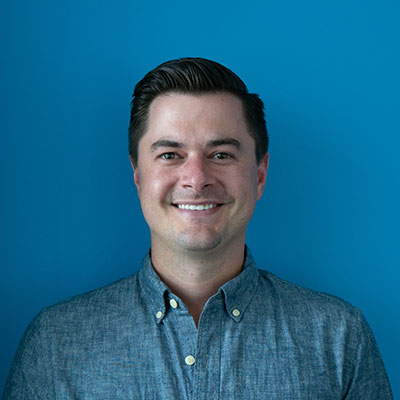
Drew Detzler
